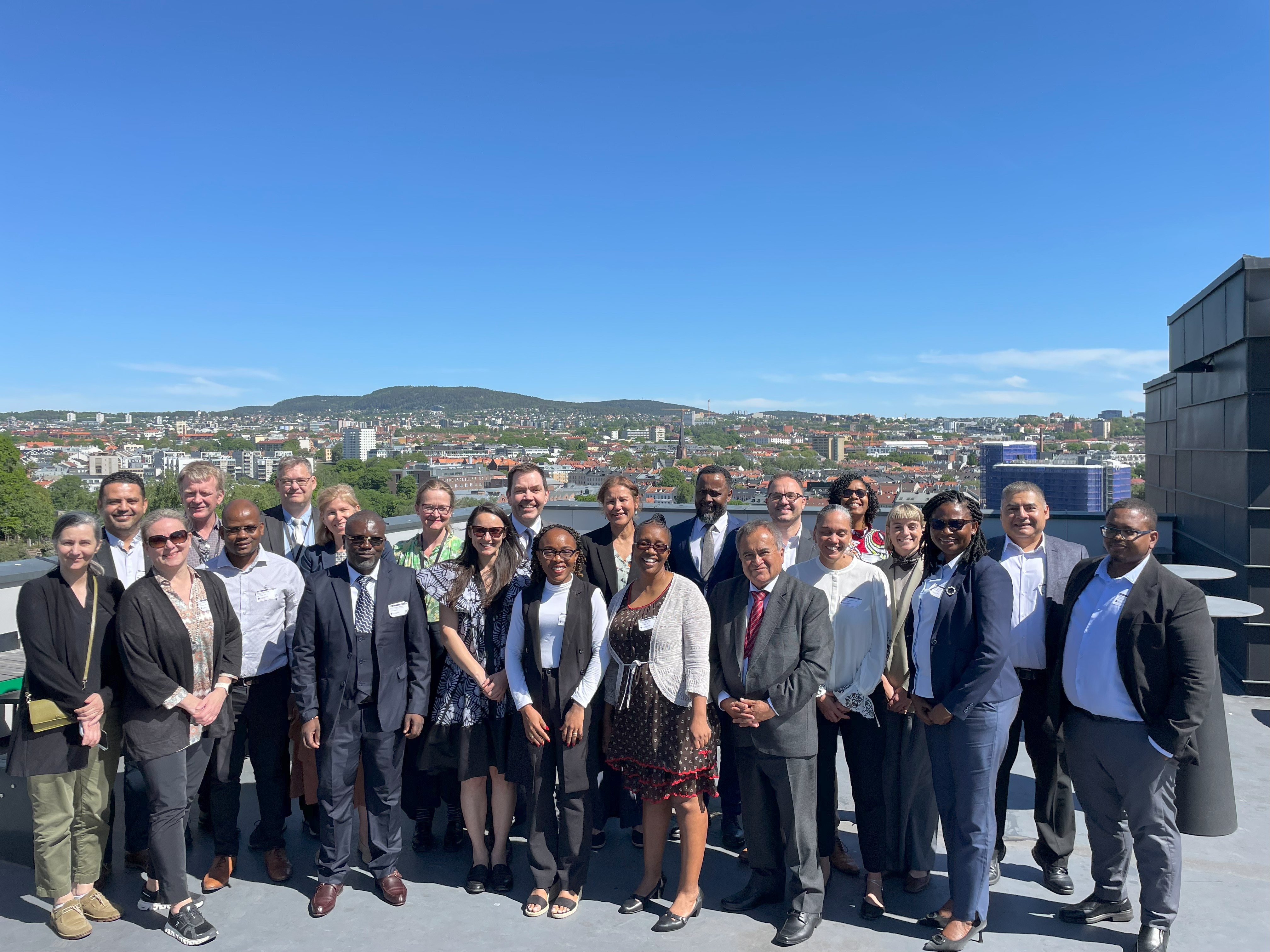The Praia Group held an international workshop to validate methodological tools for governance statistics.

On 20 and 21 May, the Praia Group on Governance Statistics held the Methodological Instruments Validation Workshop in Oslo, Norway, bringing together experts from three continents. The event's primary objective was to analyse and enhance the Praia Group's methodological tools, particularly the questionnaires on Participation in Political and Public Affairs and Non-Discrimination and Equality, and the Guide to the Use of Electoral Administrative Data. The event was organised by Statistics Norway (SSB), the Praia Group Secretariat and the UNDP Policy Centre for Governance, and was funded by the Norwegian Agency for Development Cooperation (NORAD), the Mo Ibrahim Foundation and the United Nations Joint Office in Cape Verde. Representatives of national statistics institutes from African, Latin American and European countries attended the meeting in person, including those from Cape Verde, Nigeria, Ivory Coast, Lesotho, Mozambique, Ghana, the Democratic Republic of Congo, Mexico, Peru, Colombia, Finland and Norway, (as well as from Belize and Israel online). Specialised institutions such as UN Women and OHCHR also attended. During the two-day workshop, participants updated the questionnaires, aligning concepts and indicators with national realities and international standards. The structure of the Guide to the Use of Electoral Administrative Data was also refined, which we hope will mark a significant step forward in supporting the production of governance statistics based on administrative sources. The next step is to present the methodological tools to other National Statistical Institutes, with the aim of gathering additional contributions and consolidating their applicability. Following this, the instruments are to be submitted for formal validation at the next session of the United Nations Statistical Commission in March 2026. The Praia Group continues to establish itself as a leading technical platform for advancing governance statistics globally, promoting the production of high-quality, comparable and useful data for monitoring good governance, democracy and human rights.
